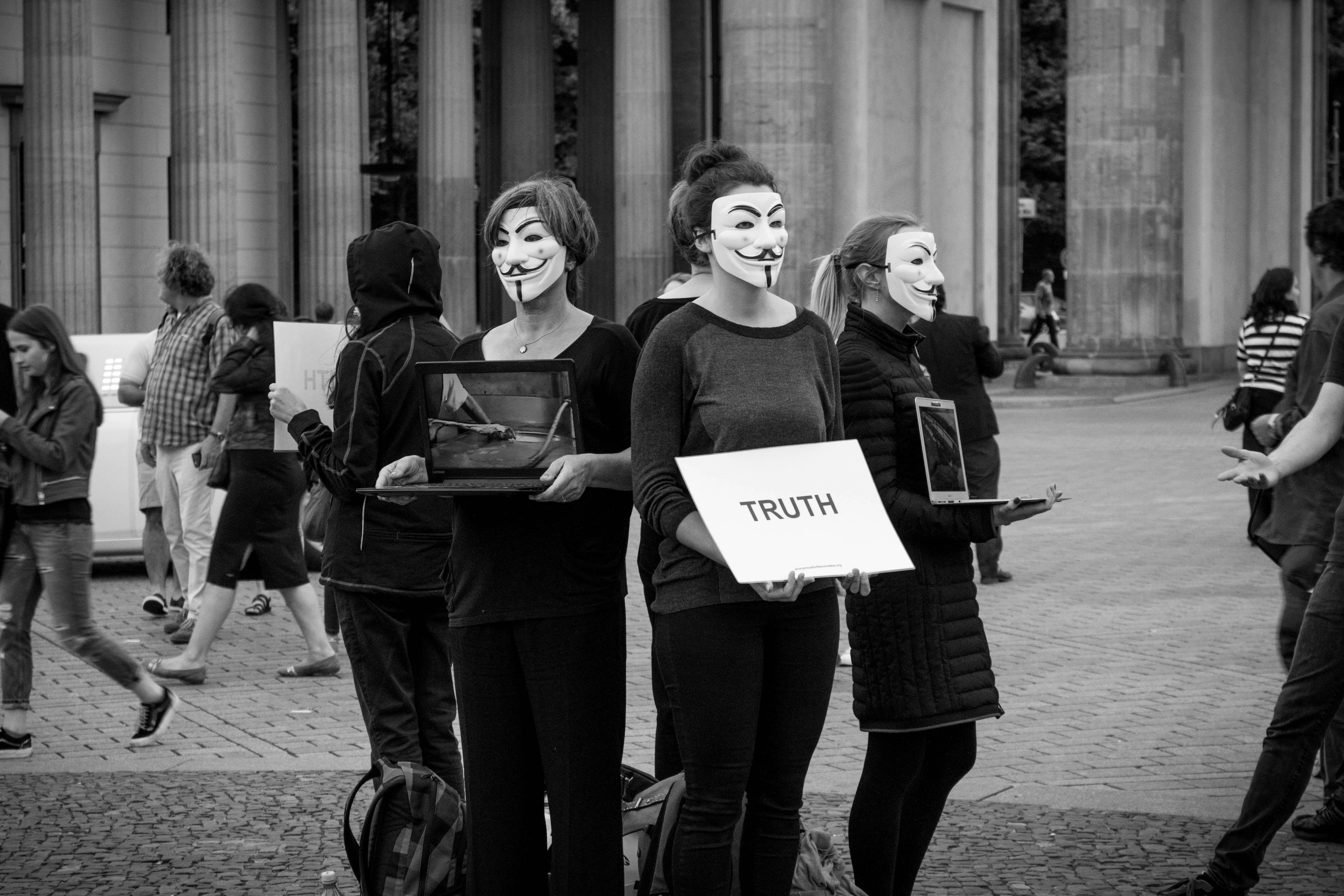George Orwell‘s seminal work, 1984, has long stood as a stark warning against the perils of totalitarianism, with its haunting depiction of a dystopian future where surveillance, censorship, and oppressive regimes reign supreme. As readers navigate the grim world of Oceania, a pressing question emerges: does Orwell’s narrative offer a glimmer of hope amidst the despair, or does it serve solely as a cautionary tale devoid of optimism? This article delves into the dual nature of 1984, exploring its themes and symbols to discern whether Orwell intended to leave readers with a sense of possibility or a resigned acceptance of an inexorable fate. By examining the text’s nuances and its reflections on human nature and societal structures, we aim to uncover the extent to which 1984 can be seen as a beacon of hope or a harbinger of despair for the future.
Understanding Orwells Dystopian Vision and Its Modern Relevance
George Orwell’s portrayal of a dystopian society in his novel 1984 serves as a cautionary tale that resonates with contemporary themes. The oppressive surveillance state, the manipulation of truth, and the erosion of individual freedoms are stark reminders of the potential dangers lurking in our modern world. As we navigate an era marked by technological advancements and increased data collection, the parallels to Orwell’s vision become unsettlingly clear. The omnipresence of “Big Brother” in the novel can be seen in today’s debates over privacy and governmental oversight, raising critical questions about the balance between security and liberty.
- Surveillance: In the digital age, surveillance has transcended Orwell’s telescreens, manifesting in ubiquitous cameras, social media monitoring, and data mining.
- Truth and Information: The concept of “doublethink” and the malleability of truth are eerily mirrored in the current phenomenon of “fake news” and misinformation.
- Individualism vs. Collectivism: The struggle between personal autonomy and societal control continues to be a relevant discourse in today’s political and social landscapes.
Orwell’s narrative does not provide a straightforward answer to whether there is hope or despair for the future. Instead, it challenges readers to remain vigilant and critically assess the structures of power in their own lives. By doing so, we may find the potential for change and resistance within the cracks of a seemingly monolithic system.

Analyzing the Depiction of Totalitarianism and Individual Freedom
The intricate portrayal of totalitarianism in George Orwell’s 1984 serves as a profound commentary on the pervasive reach of authoritarian regimes. Orwell meticulously constructs a society where surveillance, propaganda, and censorship are wielded as tools of control, reflecting a chillingly efficient mechanism of oppression. The Party’s omnipresent gaze, epitomized by Big Brother, instills a pervasive fear that erodes individual autonomy and suppresses dissent. In this dystopian landscape, the concept of freedom is not just restricted but redefined, where even thoughts are policed and manipulated through the sinister practice of doublethink. The novel’s bleak setting, characterized by constant war and a manipulated reality, serves as a stark warning against the unchecked expansion of governmental power.
Yet, amid the oppressive gloom, the narrative does not entirely extinguish the possibility of individual freedom. The very act of Winston’s rebellion, however futile, underscores a fundamental human yearning for autonomy and truth. This yearning manifests in subtle yet significant acts of resistance, such as:
- The preservation of personal memories.
- The pursuit of forbidden relationships.
- The clandestine quest for knowledge.
While Orwell paints a grim picture, these elements suggest that the spirit of individuality and the desire for freedom can persist even in the most repressive environments. This duality raises the question of whether hope exists within the shadows of despair, challenging readers to consider the resilience of the human spirit in the face of totalitarian oppression.

Examining the Role of Technology and Surveillance in Society
In George Orwell’s 1984, technology is depicted as a double-edged sword, serving as a tool for both empowerment and oppression. The novel’s surveillance mechanisms, such as the omnipresent telescreens and the invasive Thought Police, underscore a society where privacy is a relic of the past. As we delve into the implications of these technologies, we must consider their modern parallels and their impact on personal freedoms. Today’s digital landscape, marked by smartphones, CCTV cameras, and data analytics, mirrors Orwell’s vision in ways that provoke both concern and reflection. While these innovations offer convenience and security, they also raise questions about the balance between safety and autonomy.
- Smartphones: Constant connectivity vs. perpetual surveillance
- CCTV cameras: Public safety vs. invasion of privacy
- Data analytics: Enhanced insights vs. data exploitation
The pervasive surveillance in 1984 serves as a cautionary tale, urging us to scrutinize the ethical dimensions of our technological advancements. Are we moving towards a future where technology is an instrument of control, or can it be harnessed to foster transparency and accountability? The narrative challenges us to rethink the role of technology in shaping societal norms and to advocate for systems that prioritize human dignity and rights.

Exploring Pathways for Preventing a Dystopian Future
In George Orwell’s 1984, the bleak depiction of a totalitarian regime serves as a stark warning of what could happen if unchecked power goes unchallenged. However, within this narrative of control and oppression, there are key insights that could guide us toward preventing such a dystopian outcome. One of the primary pathways is fostering an environment that values and protects freedom of thought. By encouraging open dialogue and diverse perspectives, societies can build resilience against authoritarian ideologies. Additionally, educational systems play a critical role in teaching critical thinking and media literacy, empowering individuals to discern truth from propaganda.
- Promoting transparency and accountability in governance can prevent the rise of unchecked power.
- Technological vigilance: As surveillance technology advances, maintaining ethical standards and regulations becomes essential to protect privacy.
- Community engagement: Encouraging active participation in civic life can create a more informed and engaged citizenry.
While 1984 paints a grim picture, it also emphasizes the importance of recognizing and addressing the warning signs of an emerging dystopia. By taking proactive measures, we can strive for a future where freedom and individuality are safeguarded against the shadows of totalitarianism.
